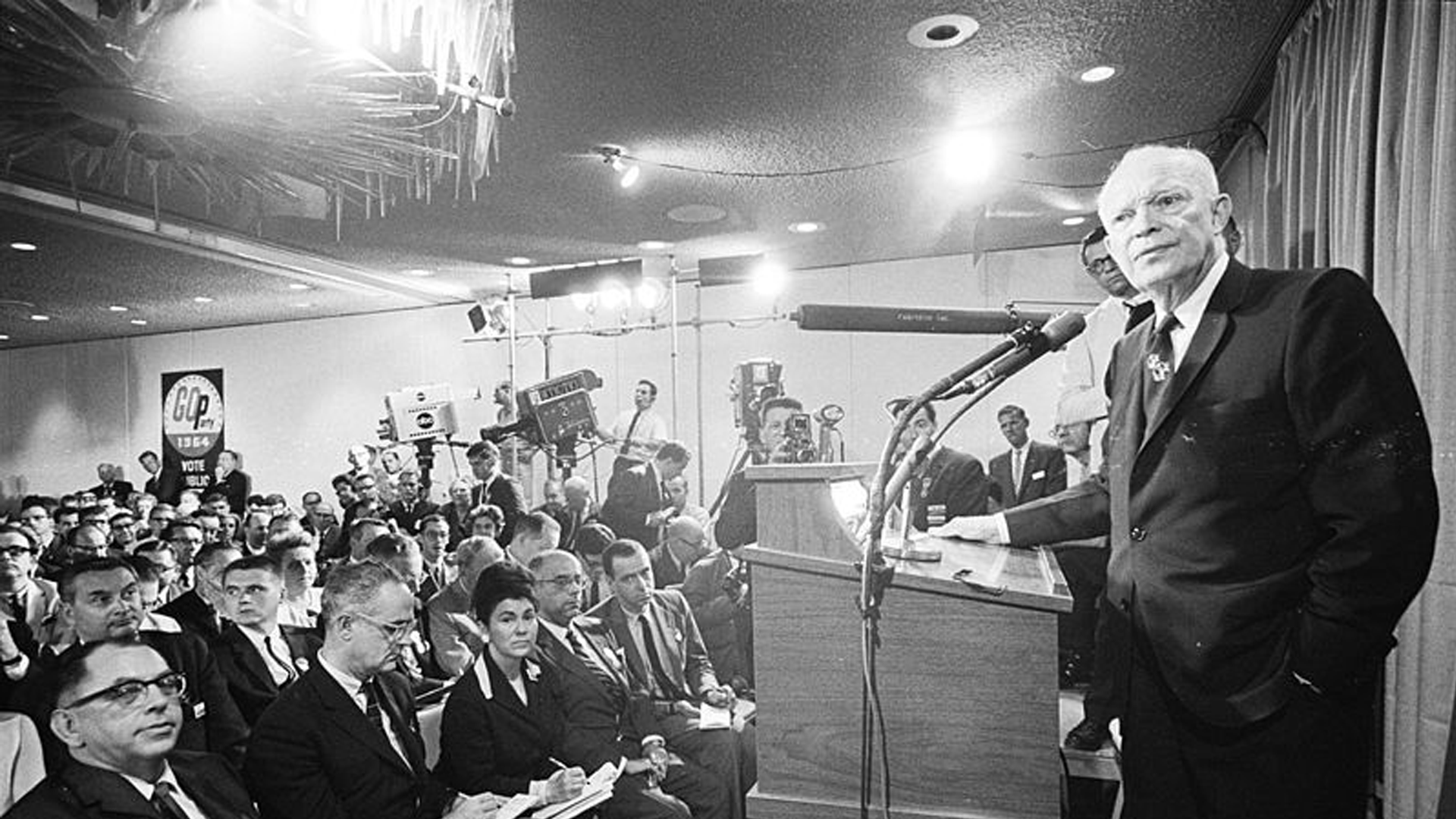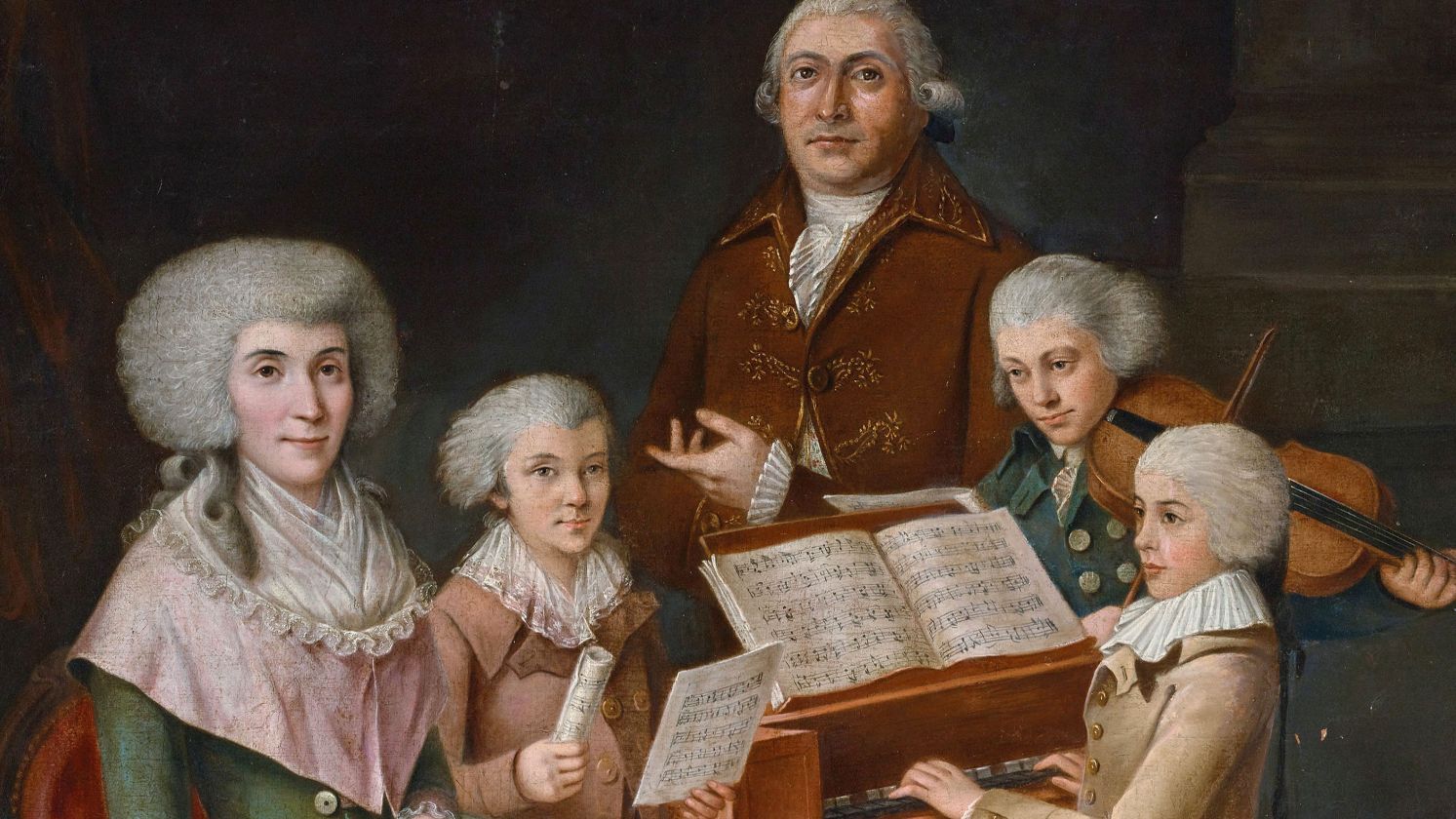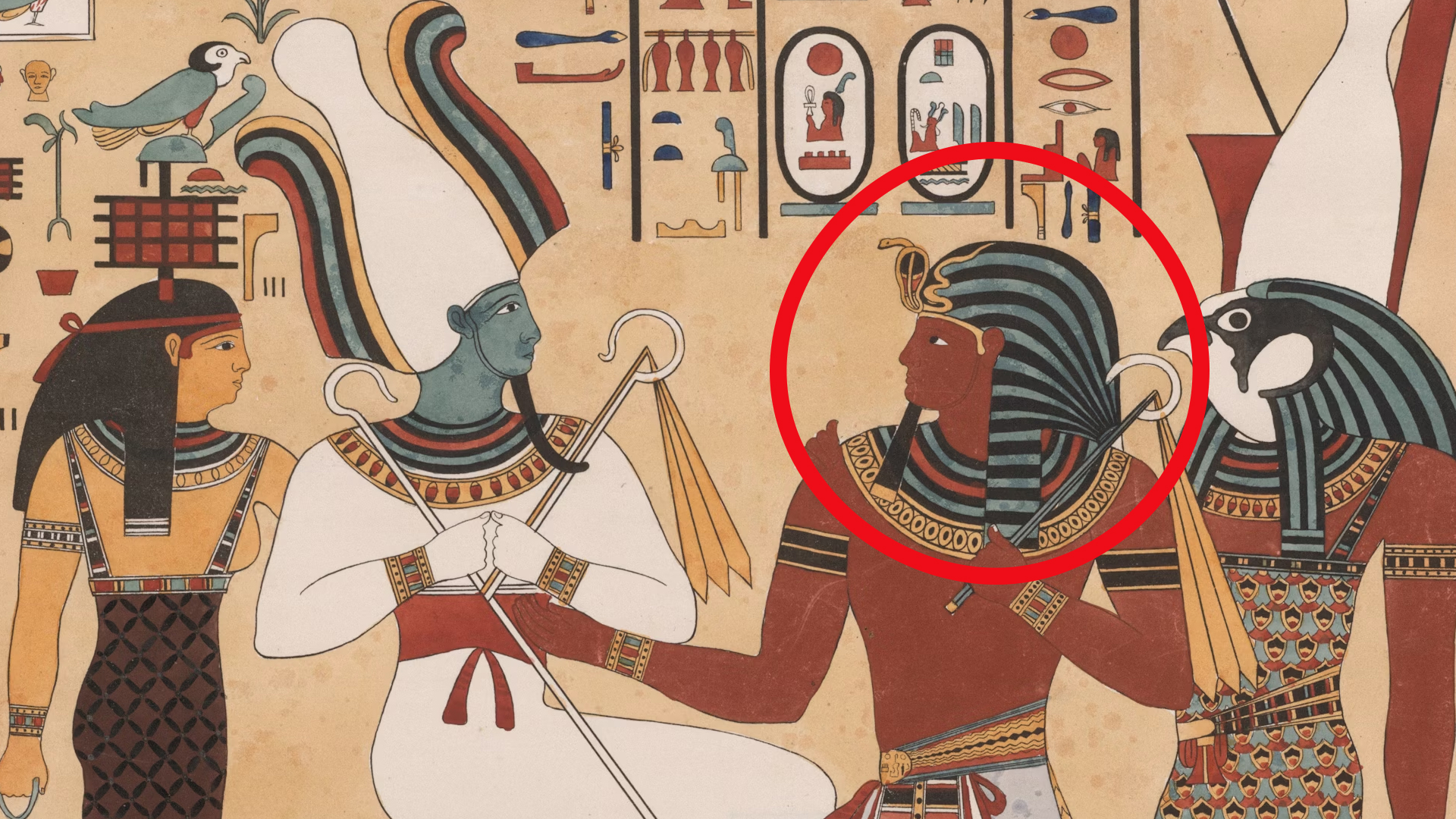Overlooked but Not Forgotten
History is a mixed bag of heroes and villains, but not everyone gets their due recognition during their lifetime. The process of recording history is deeply selective and subjective, and it is one of the great ironies of the human story that some of the most positively influential people who have walked the earth have receded into obscurity, while their villainous counterparts remain in the collective awareness. Although you may not have encountered the following names in your college history class, everyone on this list lived a life worthy of remembrance.
1. Matthew Henson
This forgotten Arctic explorer was the first African American to reach the North Pole in 1909, although his accomplishment was only recognized posthumously. During his frequent visits to the north, Henson even learned to speak Inuktitut and earned respect from Inuit communities he frequented.
2. Alice Ball
The first African American woman to earn a chemistry degree from the University of Hawaii, this talented young chemist would go on to develop the first effective injectable treatment for leprosy. Despite her success, her premature death at 24 thwarted her recognition, as her work was initially credited to a male colleague.
3. Stanislav Petrov
This man single-handedly prevented a nuclear war when he chose not to report a 1983 report of an imminent U.S. military missile attack, suspecting that it was a system error. Although initially reprimanded by his superiors, this prescient decision on his part may very well have prevented a premature nuclear retaliation from the Soviet Union.
4. Mary Anning
This self-taught woman revolutionized paleontology with her fossil discoveries, which she began hunting as a child along the cliffs of Lyme Regis, England, to support her underprivileged family. Although she received little credit during her lifetime, her findings helped contribute to the earliest understanding of the mass extinction that claimed the dinosaurs.
 Simon Harriyott from Uckfield, England on Wikimedia
Simon Harriyott from Uckfield, England on Wikimedia
5. Ignaz Semmelweis
Well before science validated his theory, this doctor defied the ridicule of his medical peers over his intuition that handwashing could save lives and prevent infection. During his tenure at a Vienna hospital, he mandated handwashing with chlorinated lime and mortality rates dropped significantly.
 After Jenő Doby's engravig on Wikimedia
After Jenő Doby's engravig on Wikimedia
6. Frances Perkins
As the first woman ever appointed to a US cabinet position, she was the architect behind many of America's labor laws and served as Secretary of Labor from 1933 to 1945 under Franklin D. Roosevelt. Her advocacy helped enshrine minimum wage laws, as well as unemployment insurance and the 40-hour work week.
 Agence de presse Meurisse on Wikimedia
Agence de presse Meurisse on Wikimedia
7. Vasili Arkhipov
This Russian naval officer defied the Soviet Union when he refused to authorize a nuclear torpedo launch during the Cuban Missile Crisis. At a time when dissenters were routinely sent off to the Gulag, he chose to risk his life to prevent a potential global nuclear conflict.
 Image courtesy by Olga Arkhipova on Wikimedia
Image courtesy by Olga Arkhipova on Wikimedia
8. Katherine Johnson
This NASA mathematician helped launch America into orbit with nothing but a pencil and her own unique gift with numbers. She not only helped calculate the trajectory for Alan Shepard's 1961 rocket flight (the first American in space) but contributed to the calculations for the Apollo 11 moon landing and Space Shuttle program.
9. Nikola Tesla
Although his name in contemporary times is all but ubiquitous on account of the electric car company, during his lifetime Nikola Tesla faced rejection from his peers—most notably Thomas Edison—and died impoverished despite his revolutionary contributions to science. Considered the mind behind modern electricity, he invented alternating current power systems, pioneered the radio, wireless transmission, and X-ray technology.
10. Harriet Jacobs
As the author of one of the first published slave narratives, her book Incidents in the Life of a Slave Girl helped shed light on the horrible exploitation of slave women in 1813 North Carolina. At one point, hunted by her enslaver, she was forced to hide in a crawl space attic for nearly 7 years before she managed to escape to freedom in the north.
11. Chiune Sugihara
This Japanese diplomat defied his government and saved thousands of Jewish lives, issuing transit visas to Jews fleeing the Holocaust during his posting in Lithuania. Although dismissed from diplomatic service for his actions, it is estimated that his bravery helped save over 6,000 lives.
 Unknown authorUnknown author on Wikimedia
Unknown authorUnknown author on Wikimedia
12. Claudette Colvin
Rosa Parks is often credited with launching the civil rights movement in America, but Claudette Colvin was the first to refuse to give up her seat on a segregated bus. At the age of 15, she was arrested for violating segregation laws and disturbing the peace in Montgomery, Alabama. Only a few months later, Rosa Parks would do the same and be cemented within history.
 The Visibility Project, Claudette Colvin on Wikimedia
The Visibility Project, Claudette Colvin on Wikimedia
13. Desmond Doss
As the first conscientious objector to receive the Medal of Honor, this soldier bravely went to war as a medic without a weapon and managed to save 75 men during the Battle of Okinawa. His heroic story would eventually be immortalized in the film Hacksaw Ridge, but during his early military career, he faced incredible scrutiny and backlash from his military superiors.
14. Irena Sendler
This Polish social worker risked her life to smuggle over 2,500 Jewish children out of the Warsaw Ghetto during World War II. Using her position as a health worker to gain access, she smuggled children out in whatever she could: ambulances, toolboxes—even suitcases—and then arranged for the children to be safely relocated for the duration of the war.
 Unknown authorUnknown author on Wikimedia
Unknown authorUnknown author on Wikimedia
15. Gordon Hirabayashi
This Japanese American refused to comply with World War II internment orders. Although court-martialed and convicted in 1942, his case was eventually overturned, and he was awarded the Presidential Medal of Freedom in 2012.
 Image courtesy of the Korematsu family on Wikimedia
Image courtesy of the Korematsu family on Wikimedia
16. Bessie Coleman
Unable to receive her pilot’s license in America, this African American woman went to France to achieve the aviation certification she dreamt of. While in France, she mastered French and earned her pilot’s license from the Fédération Aéronautique Internationale in 1921. Afterward, she became a talented stunt flyer and ironically returned to the U.S. to perform at air shows.
 National Air and Space Museum on Wikimedia
National Air and Space Museum on Wikimedia
17. Abdul Sattar Edhi
Considered one of history’s greatest humanitarians, this man founded the Edhi Foundation, one of Pakistan’s largest welfare organisations. During his lifetime, he personally rescued abandoned infants and the mentally ill from the streets, and helped to provide the most destitute members of his society with access to ambulance services, orphanages, medical clinics, and shelters.
18. Rosalind Franklin
Rosalind Franklin’s work on virus structure and RNA research, combined with X-ray diffraction images, helped provide the data that would lead to the discovery of DNA's double helix. She died in 1958, four years before the Nobel Prize was awarded.
 MRC Laboratory of Molecular Biology on Wikimedia
MRC Laboratory of Molecular Biology on Wikimedia
19. Noor Inayat Khan
Born to an Indian Sufi father and an American mother, this shy musician would go on to become one of the bravest British spies in World War II. In 1943, she was parachuted into France as a wireless operator and defiantly continued her mission alone even after the rest of her spy network was overturned by the Nazis.
 The National Archives UK on Wikimedia
The National Archives UK on Wikimedia
20. Benjamin O. Davis Sr.
As America's first Black general, he served over 50 years in the U.S. Army. He was promoted to Brigadier General in 1940 and used his prominent career to advocate for the desegregation of the military.
 U.S. Army Heritage and Education Center (USAHEC) (Carlisle, PA). on Wikimedia
U.S. Army Heritage and Education Center (USAHEC) (Carlisle, PA). on Wikimedia
KEEP ON READING

20 Important Names From World War II You Should Know
Key Players From World War II (For Good or Bad).…
By Cathy Liu Nov 7, 2024
20 Ancient Cities More Advanced Than We Realize
Where The Past Outpaces Our Expectations. We tend to imagine…
By Cameron Dick Sep 29, 2025
The Musical Prodigy: 10 Fascinating Facts About Mozart & 10…
Secrets Behind the Symphony. Wolfgang Amadeus Mozart remains one of…
By Chase Wexler May 5, 2025
The Mysterious "Sea People" Who Collapsed Civilization
3,200 years ago, Bronze Age civilization in the Mediterranean suddenly…
By Robbie Woods Mar 18, 2025
20 Inventors Who Despised Their Creations
Made It… Then Hated It. Inventors often dream big, but…
By Chase Wexler Aug 8, 2025
20 Incredible Items In The British Museum People Say Were…
Mystery In History. The mighty halls of the British Museum…
By Chase Wexler Sep 8, 2025









